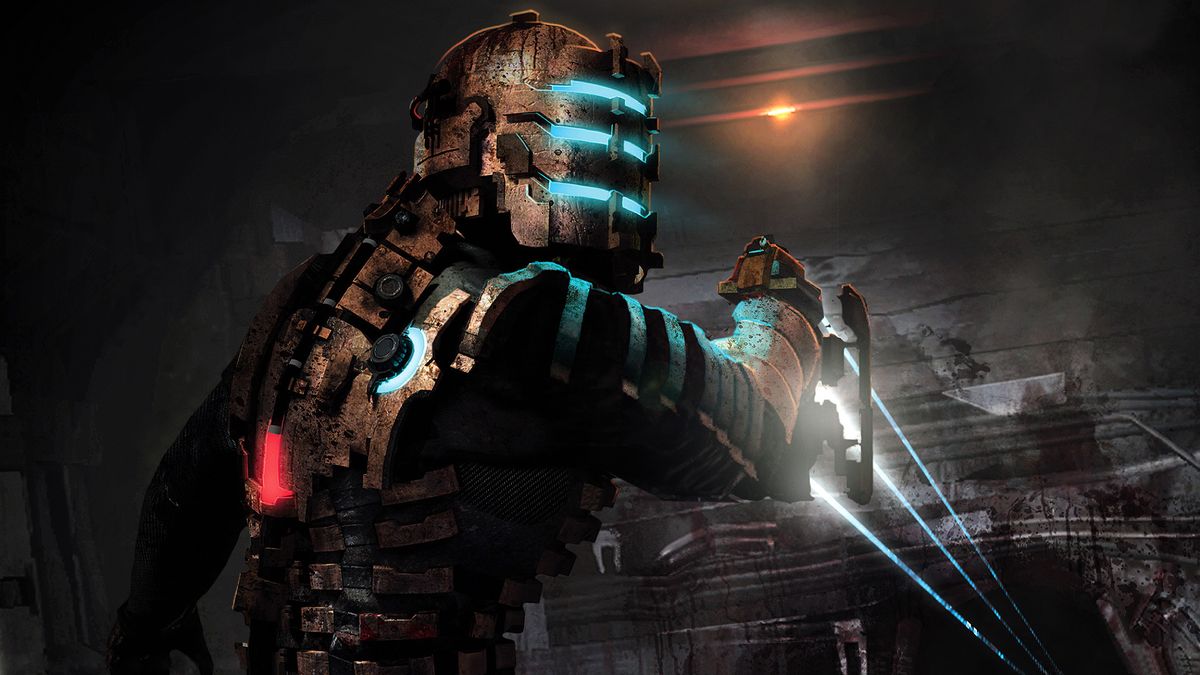Products You May Like
The EA Motive Studio developers behind the Dead Space remake quickly found that taking on experimental projects isn’t for the faint of heart.
Before the Dead Space remake, EA Motive worked on a lesser-known ambitious project called Gaia. Sadly, after six years of development, the project was scrapped. The team “didn’t want to bite off more than we could chew,” EA Motive general manager Patrick Klaus told Eurogamer (opens in new tab).
It turned out that the risk associated with such an ambitious project was too much for the relatively young studio to handle. “Considering you’ve got families… you want to make sure you’ve got sustainability, and you set the teams up for success,” Klaus said. “I take that responsibility of calculated risk-taking very seriously.”
Instead of Gaia, EA Motive began work on the much-anticipated Dead Space remake, along with prospects of working on a future Iron Man game. So it wasn’t necessarily a step backwards for the studio.
Back to the drawing board
EA Motive isn’t the first developer to return to the drawing board when developing a game, and it likely won’t be the last. Capcom’s Resident Evil 4 is a great example of this. The iconic survival horror game had gone through massive reworking before its release in 2005.
Resident Evil 4 had three separate prototypes throughout development. These were ‘Fog’, ‘Hallucinations’, and ‘Hook man’, with the last prototype showcased at E3 in 2003. Unfortunately, each one of these ideas was inevitably scrapped by Capcom.
But that’s not where the story ended. After returning to the drawing board, Capcom repurposed much of the ‘Fog’ prototype. Initially meant to be a radical departure from the Resident Evil franchise, the prototype became the first Devil May Cry game.

Good news
Both Capcom and EA Motive prove that starting again doesn’t have to be a failure. “Cancellations in video game development shouldn’t be a taboo thing,” Klaus said. “It’s part of the creative process”.
Often, it allows developers to improve on existing ideas and get better with time. “Dead Space was the first thing in order for us to step up and have more ambition,” Klaus said, “and then with Iron Man, we’ve got the opportunity to take things to a whole new level”.
There are going to be many pressures on a studio through a game’s development – budget and time available, in particular. But when a team realizes it is going down a path with a project that won’t end in something it can stand behind, having the freedom and space to start again, can lead to wonderful games.
